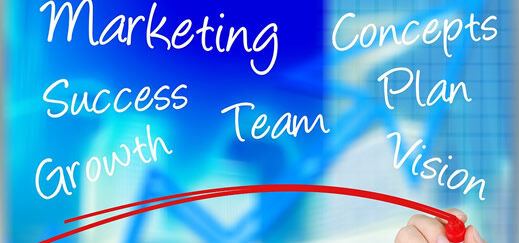While outbound marketing is still effective at promoting events, conferences and trade shows, many event planners are shifting their focus towards inbound marketing. According to HubSpot, inbound marketing is 62% more cost-effective than its outbound counterpart. To learn more about inbound marketing and how you can use it to promote your next event, keep reading.
Inbound Marketing Defined
Inbound marketing is best described as indirect promotional methods that encourage prospective customers and clients to seek out more information about a business, or the case of event planning, an event. This may include publishing a schedule of the event, highlighting entertainment and special shows. Prospects may stumble upon this information, at which point they’ll hopefully buy a ticket and RSVP. In contrast, outbound marketing involves direct methods of promotion, such as sending emails and direct mail asking prospects to buy tickets to your event.
Define Your Objective
The first step towards promoting your event with inbound marketing is to definite your objective. In other words, what do you hope to accomplish? Perhaps you want to generate ticket sales, or maybe you want to capture prospects’ email addresses. Generating social “buzz” and media exposure is another possible objective. Regardless, you must define your objective before proceeding with inbound marketing.
Iron Out the Details
You should also plan all of the details of your event before using inbound marketing to promote it. Where is the event taking place? When will it take place? Is there a theme for the event? What notable speakers or professionals are expected to attend? What entertainment have you booked for the event? Answering these questions will allow you to promote your event more effectively through inbound marketing.
Get on Social Media
Social media networking is an essential component of inbound promotion for events. Using social media networks like Facebook, Twitter and LinkedIn, you can post bits of information about your upcoming event, getting prospects interested and engaged.
When posting information about your event on social media, stick with a single #hashtag. Doing so curates your content so prospects can find all posts relating to your event more easily.
You can also use email as an inbound marketing platform to promote your event. Assuming you have prospects’ email addresses, send them regular updates about your information. If you just booked a new keynote speaker, for instance, let prospects know. Some of them may buy a ticket to see the speaker.
Publish a Press Release
Another effective strategy to promote an event is press releases. This involves writing a brief description about your event and submitting it to either a press release distribution service or a local news outlet.
